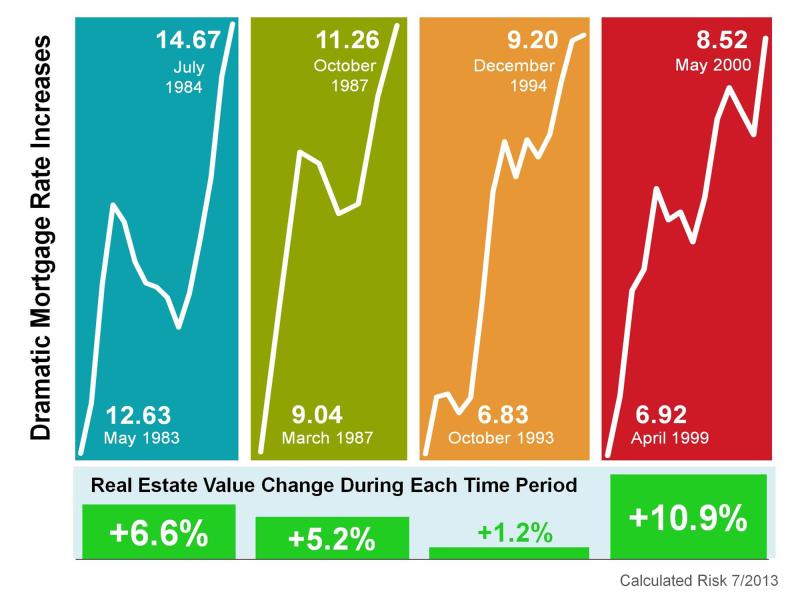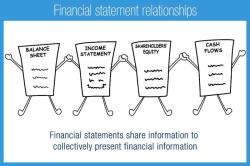Does the interest rate change in a money market account?
Yes, the interest rate in a money market account can change. Money market accounts typically offer variable interest rates, which means the rate can fluctuate over time based on various factors:
Market Conditions: Changes in the overall economy, including shifts in the Federal Reserve's monetary policy, inflation rates, and the general interest rate environment, can impact money market account rates.
Financial Institution Policies: Banks or credit unions may adjust their rates in response to market changes, competition, or their own financial circumstances. They might increase rates to attract deposits or lower them due to funding needs or changes in their business strategies.
Introductory or Promotional Rates: Some financial institutions offer introductory or promotional rates for a limited time to attract new customers. These rates can change after the promotional period ends.
Balance Tiers: Some money market accounts offer tiered interest rates based on the account balance. As your account balance increases, you may qualify for higher interest rates.
Relationship Rates: Some banks offer higher rates to customers who have other accounts or maintain a certain relationship level with the institution.
Given these factors, it's important to regularly monitor the terms and conditions of your money market account. Changes in interest rates can affect the amount of interest your account earns, so staying informed about rate fluctuations can be beneficial for maximizing your returns.
Yes, the interest rate in a money market account fluctuates over time. This is because money market accounts are invested in short-term securities, such as Treasury bills and commercial paper, whose yields fluctuate in response to changes in market conditions.
1. Interest Rate Fluctuations in Money Market Accounts
The interest rate on a money market account is typically variable, meaning it can change at any time. The rate is usually adjusted on a monthly or quarterly basis, and the changes are based on the current market interest rates.
For example, if the Federal Reserve raises interest rates, the interest rates on money market accounts will typically also increase. Conversely, if the Federal Reserve lowers interest rates, the interest rates on money market accounts will typically decrease.
2. Interest Rate Behavior in Money Market Accounts
The interest rate on a money market account can fluctuate for a variety of reasons, including:
Changes in the Federal Reserve's monetary policy: The Federal Reserve is the central bank of the United States, and one of its primary responsibilities is to set interest rates. When the Federal Reserve raises interest rates, it becomes more expensive for banks to borrow money. This can lead to higher interest rates for money market accounts, as banks pass on the higher borrowing costs to their customers.
Economic conditions: The overall health of the economy can also affect interest rates on money market accounts. During times of economic growth, interest rates may tend to be higher, as banks are more willing to lend money and investors are more willing to take on risk. Conversely, during times of economic recession, interest rates may tend to be lower, as banks are more cautious about lending and investors are more risk-averse.
Supply and demand for money: The supply and demand for money can also affect interest rates. If there is a high demand for money, banks may raise interest rates to attract more deposits. Conversely, if there is a low demand for money, banks may lower interest rates to encourage borrowing.
3. Factors Influencing Interest Rate Changes
Several factors can influence the interest rate on a money market account. These factors include:
The Federal Reserve's monetary policy: The Federal Reserve's decisions about interest rates have a significant impact on the interest rates offered by banks, including those on money market accounts.
The overall health of the economy: Economic conditions, such as inflation, unemployment, and economic growth, can also affect interest rates on money market accounts.
The bank's individual policies: Each bank has its own policies regarding interest rates on its money market accounts. These policies may be influenced by the bank's financial situation, its competitive landscape, and its overall risk appetite.
Market conditions: The supply and demand for money in the market can also affect interest rates on money market accounts. If there is a high demand for money, interest rates may be higher. Conversely, if there is a low demand for money, interest rates may be lower.
By understanding the factors that influence interest rate fluctuations, money market account holders can make informed decisions about their savings and investments.













